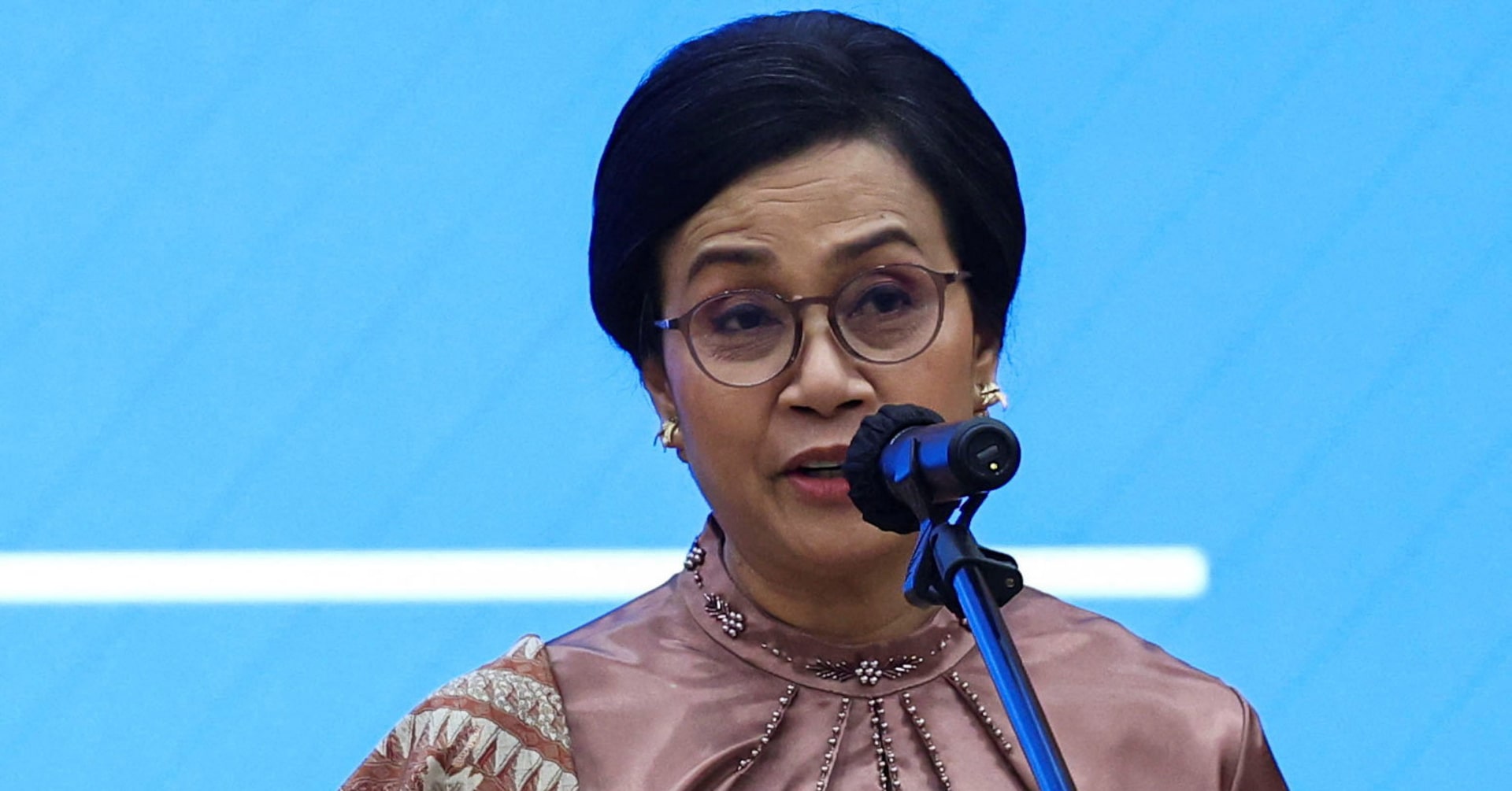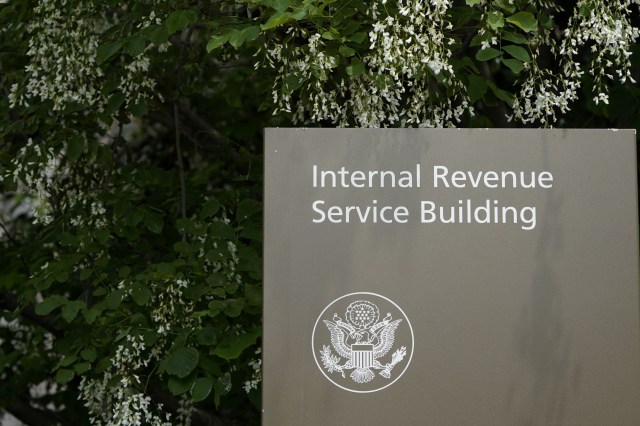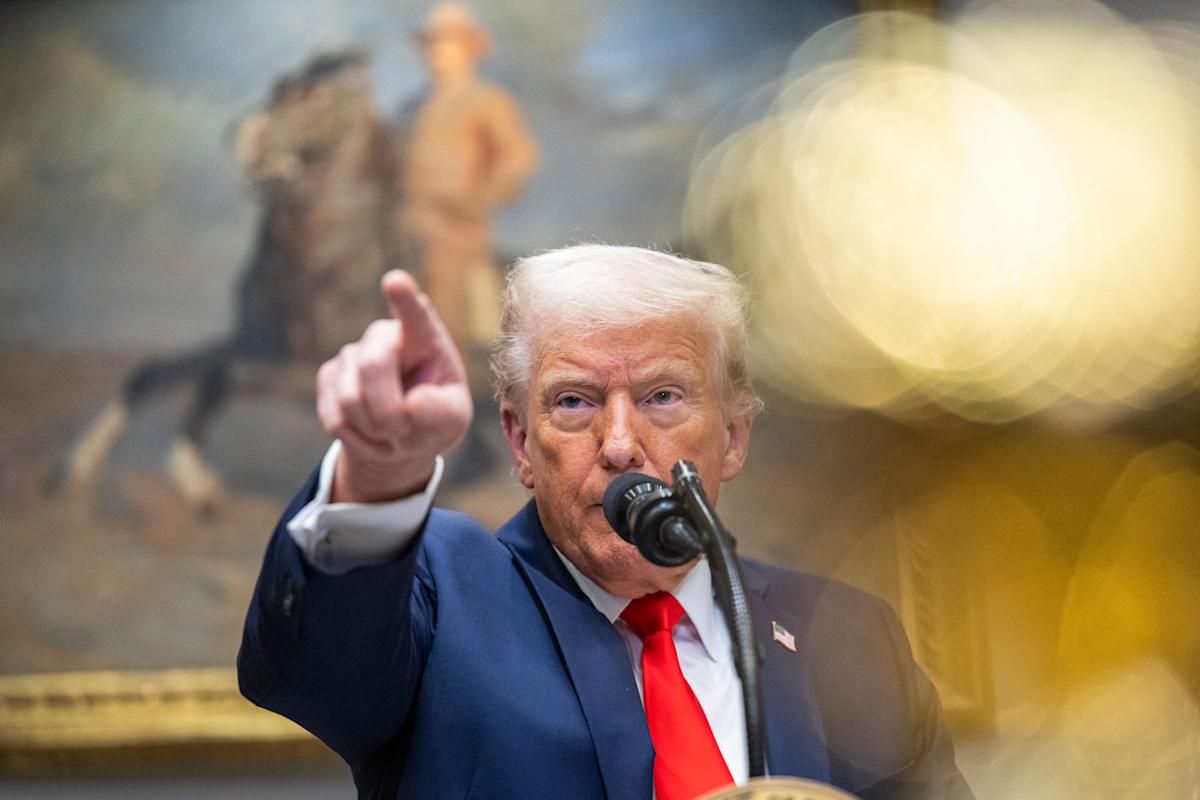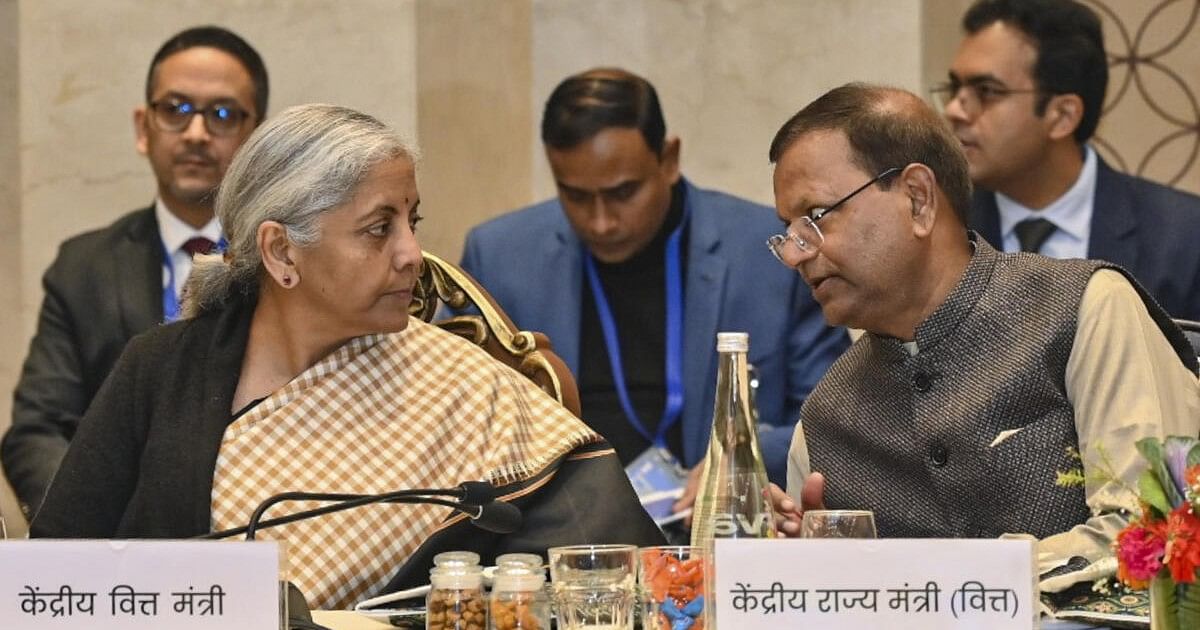Shock Dismissal: Inside the Sudden Downfall of Indonesia's Top Finance Chief

In a sudden and dramatic turn of events, Indonesia's long-serving Finance Minister Sri Mulyani Indrawati found herself unexpectedly ousted from her position during a routine ministerial meeting. According to two insider sources, Mulyani was in the midst of a high-level discussion with top ministry officials when an urgent call came directly from President Prabowo Subianto's office, delivering the shocking news of her imminent replacement.
The abrupt nature of her dismissal sent ripples through Indonesia's financial corridors, highlighting the swift and decisive action taken by the new presidential administration. Mulyani, who had been a prominent and influential figure in Indonesia's economic landscape, was informed that she would be removed from her role within a mere hour of the phone call.
This unexpected leadership change underscores the significant political shifts occurring in Indonesia's government, with President Subianto making bold moves to reshape his ministerial team. The sudden removal of such a high-profile minister like Mulyani signals a potential strategic realignment in the country's economic leadership and policy direction.








